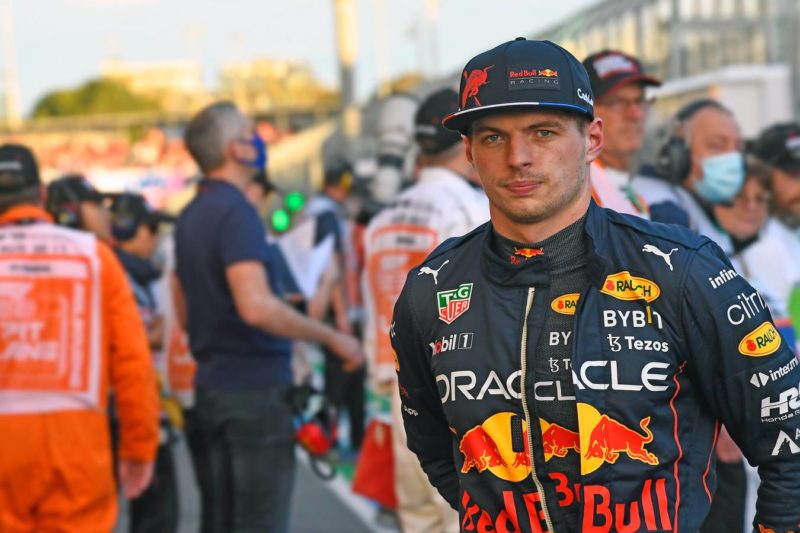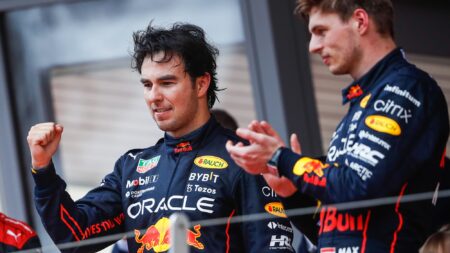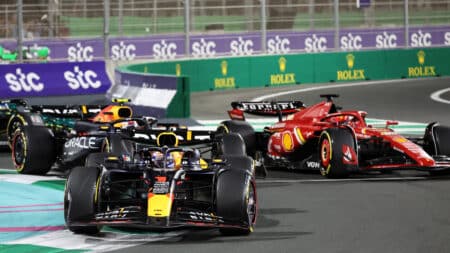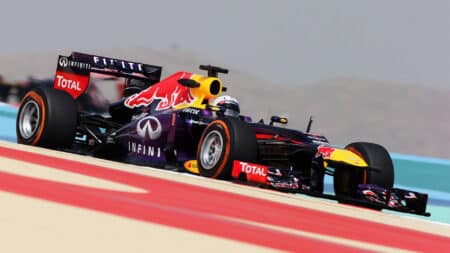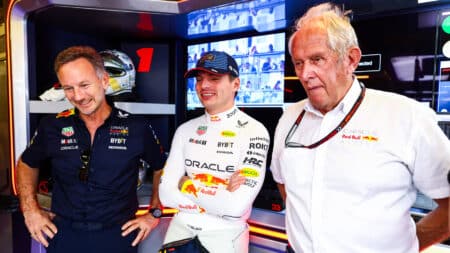“So why [should] the drivers – with their IP rights and everything – be capped, who actually bring the show and put their lives at risk? Because we do, eventually. So for me, it’s completely wrong.”
A driver salary cap is seen as the next step in controlling teams’ costs, following the budget cap which was introduced last season. Teams supported the proposed salary limit of $30m (£24m) for both of their drivers when it was tabled at an F1 Commission meeting of officials, team bosses and race promoters in 2020.
But the policy, which was due to be introduced next year, has not been finalised, with complications such as how to handle existing contracts still unresolved.
As 2023 approaches, the subject is returning to the surface. “I’m sure no driver is voting for the salary cap,” said Bottas. “We feel like we earn a decent amount for doing what we do, [which is] risking our life and working as hard as we can and actually being the centre of the show.
“F1 is really booming at the moment, we are doing more and more engagement with the fans, more work off the track, it doesn’t quite make sense at this time that F1 is going up, that driver salaries should go down.”
Hamilton echoed the comments of his former team-mate: “We have to remember that this sport has gone from, like a $4-$6 billion business to a $14 billion dollar business. It’s constantly consistently growing, the teams are earning more money than ever before and we are a huge part of that.”
Mick Schumacher highlighted the increasingly busy schedule of a Formula 1 season. “We travel the world basically and have really no private life,” he said. “It’s all our life, Formula 1. If we do spend all our time in it, I think it would be a shame to not get rewarded for it.”
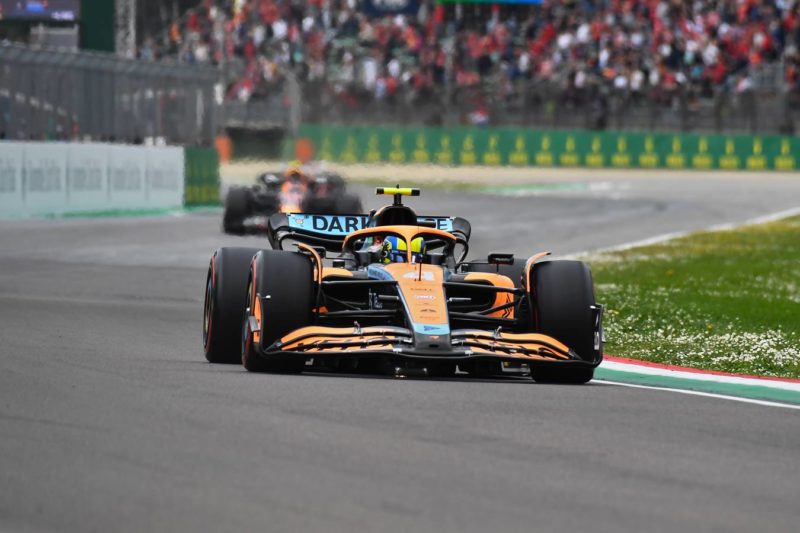
Investors in junior drivers need the prospect of a healthy return if they hit the top, said Lando Norris
Grand Prix Photo
Lando Norris cautioned that the knock-on effect of the policy could be to deter investment in young talents who wouldn’t otherwise have the finding to reach Formula 1.
“It’s difficult enough to get into Formula 1,” said Norris. “So as soon as you have the backing, when you have an investor as a driver, they obviously want their money back at some point and you’re going to have to do that.
“It if gets capped, it’s much harder and will interest people much less to ever invest in young drivers and invest into people having chances to get to Formula 1 in the first place.”
Pierre Gasly said that it was already difficult enough for drivers to reach F1. “I’ve had a lot of friends unfortunately, who have needed this backing when they were younger, and they had the talent to make their way up,” he said.
“Unfortunately they didn’t have the chance and I don’t think by moving [in] that direction, we’re going to give more opportunities to these young talents without financial backing.
“I think the knock-on effect it could have is not really beneficial for the sport.”
Team bosses, including Ferrari’s Mattia Binotto and Red Bull’s Christian Horner have indicated that there is not yet a path through the objections and difficulties that would see a salary cap being introduced next year.
However, the item remains on the agenda with teams further down the grid in particular, supporting another measure to limit their costs.
